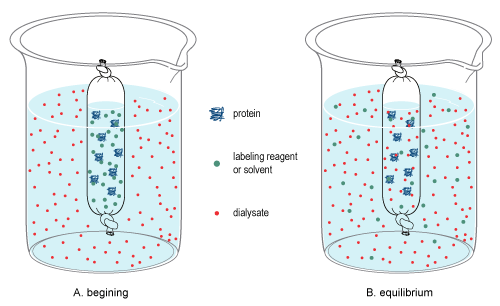Local Dialysis Unit Transforms Healthcare for Yolŋu Community

In a significant development for remote healthcare, the Yolŋu community of Galiwin’ku on Elcho Island, Northern Territory, has established its own dialysis unit, a response to the rising rates of chronic kidney disease that have forced many residents to travel hundreds of kilometers for treatment. This initiative highlights the intersection of modern healthcare and Indigenous culture, as community members and healthcare providers work together to address the pressing health crisis.
According to Dr. Sarah Hanieh, a public health expert with the Northern Territory Department of Health, "The establishment of a local dialysis unit is not merely about providing medical care; it is about maintaining cultural ties and family connections that are vital to the Yolŋu people. Many patients are often separated from their homes, families, and traditional lands, which exacerbates their health challenges."
Chronic kidney disease rates among the Yolŋu have escalated dramatically in recent years, primarily due to lifestyle changes, including increased consumption of processed foods and sugary drinks. Dr. Hanieh notes, “This shift in diet has led to conditions that were once rare in our communities, impacting the overall health of our population. The rise in chronic diseases such as diabetes and hypertension has a direct correlation with these dietary changes.”
Community member Charlie Yebarrarr Dhamarrandji, who is currently receiving dialysis treatment, shared his personal narrative: "Being forced to leave Galiwin’ku for treatment meant separation from my family and culture. The new dialysis unit represents hope. It allows us to stay on our country, surrounded by our community and traditions."
The local dialysis unit, facilitated by Purple House, an Indigenous-led healthcare service, aims to make treatment more accessible while fostering a sense of belonging. Kat Baxter, a dedicated dialysis nurse with Purple House, emphasized the importance of integrating cultural practices into the healthcare model. Baxter stated, "Our approach is holistic. We recognize that health is not just the absence of disease; it encompasses cultural identity, family, and community support."
Historically, the Yolŋu people have relied on traditional foods and seasonal knowledge to maintain their health. However, as described in a 2022 study published in the *Australian Journal of Rural Health*, the introduction of Western dietary patterns has led to a decline in health within these communities (Smith et al., 2022). The study highlights the need for culturally appropriate health interventions that respect and incorporate Indigenous knowledge systems.
The local dialysis unit not only addresses a critical health need but also serves as a community hub, reinforcing cultural ties and resilience. The significance of being treated on one's homeland cannot be overstated. As Dhamarrandji articulates, "When I receive treatment here, I feel connected to my land and my ancestors. This connection is essential for my healing process."
Looking ahead, the success of the Galiwin’ku dialysis unit may serve as a model for other remote Indigenous communities facing similar health challenges. According to Dr. Hanieh, "If we can replicate this model in other regions, we could drastically improve the health outcomes for Indigenous populations across Australia."
In conclusion, the establishment of a local dialysis unit in Galiwin’ku reflects a critical shift in healthcare delivery that prioritizes cultural identity and community well-being. As this model gains recognition, it promises to inspire further innovations in Indigenous healthcare that respect traditional practices while addressing contemporary health challenges.
Advertisement
Tags
Advertisement





